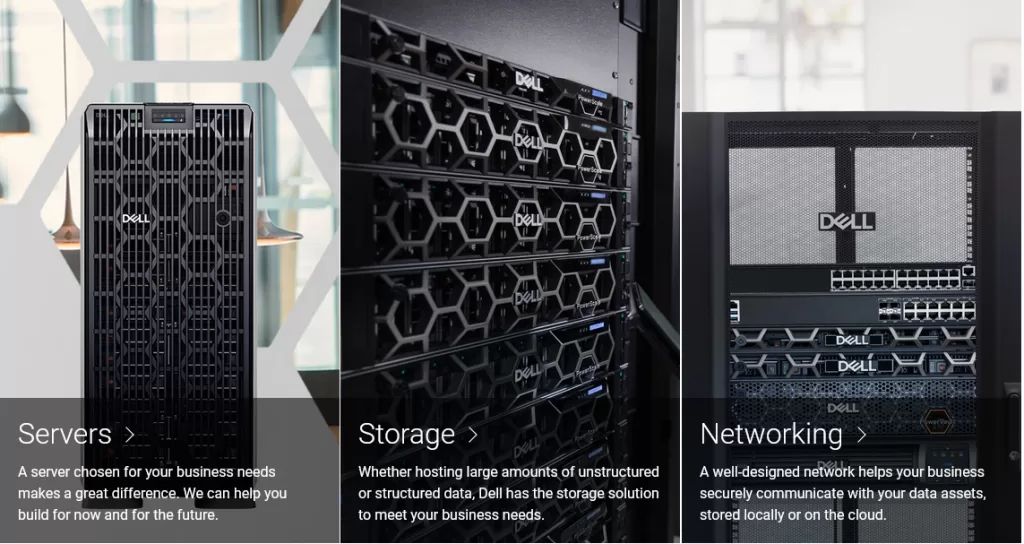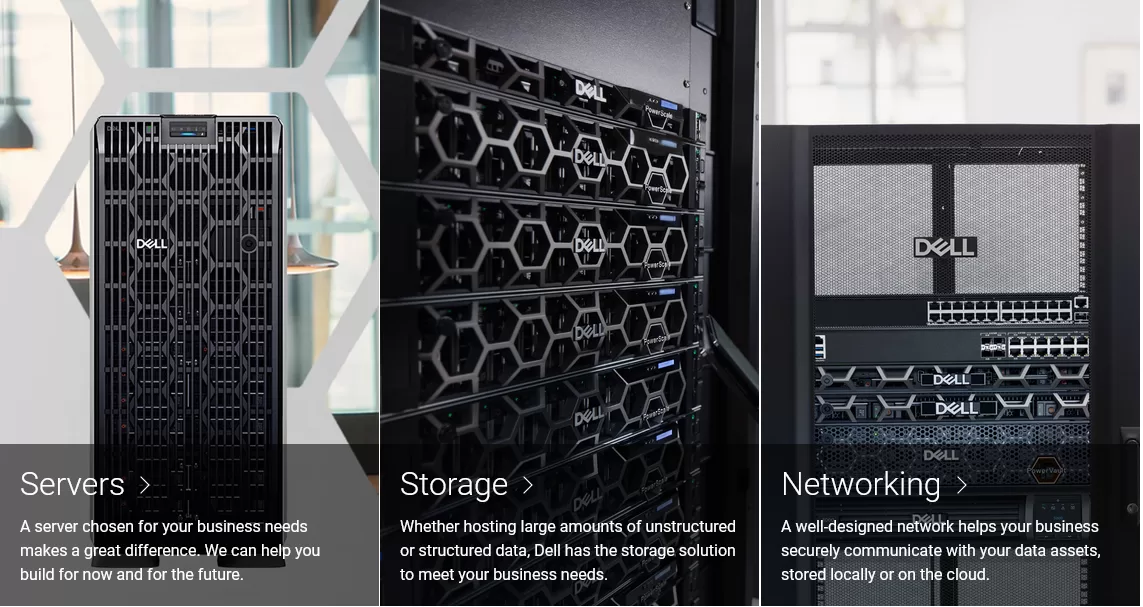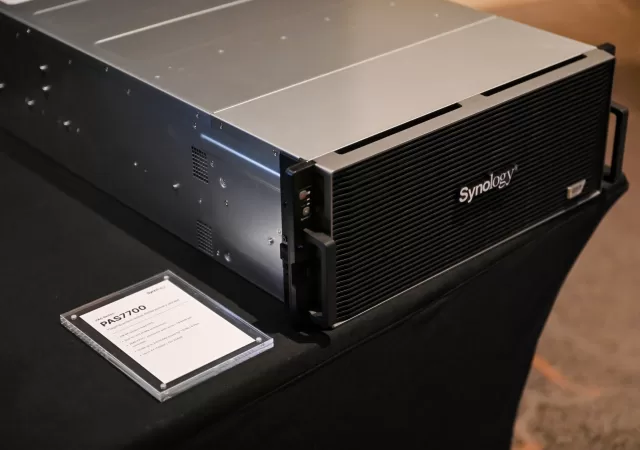Dell Technologies has unveiled significant advancements to its private cloud infrastructure, responding directly to the perennial IT challenge of managing both traditional and modern workloads while navigating rising costs and vendor lock-in concerns. The latest innovations across the company’s storage and cyber resilience portfolio are designed to help organizations build disaggregated private clouds that are smarter, faster, and inherently more secure.
This push is spearheaded by the general availability of the Dell Private Cloud, which utilizes the Dell Automation Platform to help customers easily automate, scale, and manage deployments. This platform is designed to be open, supporting the customer’s preferred cloud OS stack while leveraging Dell’s disaggregated infrastructure, including PowerStore, PowerFlex, and PowerMax. Furthermore, the system incorporates AI-driven automation for infrastructure monitoring and management, and integrates Dell NativeEdge to simplify and secure operations across distributed cloud and edge environments.

QLC Flash, Nutanix and More Comes to Dell PowerStore
Dell’s flagship enterprise storage, PowerStore, is receiving pivotal hardware and software updates focused on cost-efficiency and flexibility. The major hardware news is the introduction of the PowerStore 5200Q model.
This new model brings the economics of QLC flash to high-capacity performance storage. The practical implication for enterprises is substantial: the 5200Q offers flexible scaling of up to 23 PBe per cluster while significantly lowering the cost per gigabyte, a necessary balance for large, capacity-intensive workloads. Software enhancements further boost the platform’s reliability with built-in anomaly detection, single sign-on, and biometric authentication. Crucially, PowerStore is becoming a self-healing platform via Smart Support Auto-Heal functionality, which automates health checks and repairs, cutting issue resolution time by up to 90%.
Building on its existing collaboration, Dell announced that PowerStore will soon support the Nutanix Cloud Platform. This move combines Dell’s trusted storage innovation with Nutanix’s cloud operating model to deliver greater choice and control in how organisations architect their virtualised environments. This PowerStore integration follows the commercial availability of PowerFlex with Nutanix Cloud Platform earlier this year, a solution aimed at enterprises needing to scale compute and storage resources independently. The PowerStore support for Nutanix is expected to enter early access in Spring 2026.
Dell PowerFlex Powers Up with Extreme Efficiency at Petabyte Scale
Dell PowerFlex, the company’s software-defined storage solution, is being pushed to new levels of efficiency and resilience with the PowerFlex Ultra release.
The key technical breakthrough is the introduction of the Scalable Availability Engine (SAE), which simplifies workload management while delivering what Dell calls “breakthrough storage efficiency”. PowerFlex Ultra achieves up to 80% storage efficiency—a massive technical gain that translates directly into over 50% reduction in physical storage footprint. This efficiency allows organisations to store more data in less space, significantly lowering both costs and power consumption across the data centre.
On the resilience front, the architecture is engineered for unmatched dependability. PowerFlex now delivers up to 10×9s of data availability. This means the system has the ability to tolerate up to two node failures simultaneously, ensuring enterprise workloads remain operational and maintain data integrity across even the largest deployments. PowerFlex updates are available in October 2025.
Dell PowerMax Buitl for Mission-Critical Automation and Security
For mission-critical workloads, Dell PowerMax storage has received software advancements that deliver up to 25% greater performance. The focus here is not just on speed, but on eliminating manual IT labor.
The platform now enables IT teams to tackle higher-value tasks through enhanced automation, including features like 1-click software updates in less than 6 seconds. Automation also provides a 66% reduction in steps for replication mode changes.
Furthermore, the PowerMax 2500 introduces QLC drive support for capacity-intensive workloads. This makes it a scalable platform that allows flexible single-drive scaling from 122 TB up to 8.8 PBe per array. Security is also fortified with new features such as Single Sign-On with Microsoft Entra ID and encrypted email alerts, helping organisations maintain the highest standards of data protection and compliance. PowerMax updates are available in October 2025.
Dell PowerProtect Fortifies Cyber Resilience
Recognising that cyber resilience is non-negotiable for any private cloud, Dell’s PowerProtect portfolio has been significantly enhanced. The innovations are designed to help organizations reduce their attack surface, detect and respond to threats, and quickly recover from cyber incidents across virtual, cloud-native, and containerized workloads.
The new PowerProtect Data Domain DD3410 is introduced as a compact, entry-level appliance specifically tailored for remote offices and smaller environments. This solution offers grow-in-place scalability from 8 to 32 TBu with exceptional data reduction capabilities. Meanwhile, the new PowerProtect Data Manager Appliance provides a modern, software-defined solution that delivers centralised management for consistent cyber resilience operations. It ensures enterprise-grade protection, including anomaly detection, data immutability, and integrity to safeguard against threats.
These comprehensive advancements reinforce Dell’s vision to deliver a flexible and efficient foundation for disaggregated private cloud environments. The PowerProtect Data Manager Appliance will be available in Q4 2025, with the entry-level DD3410 following in Q1 2026.






